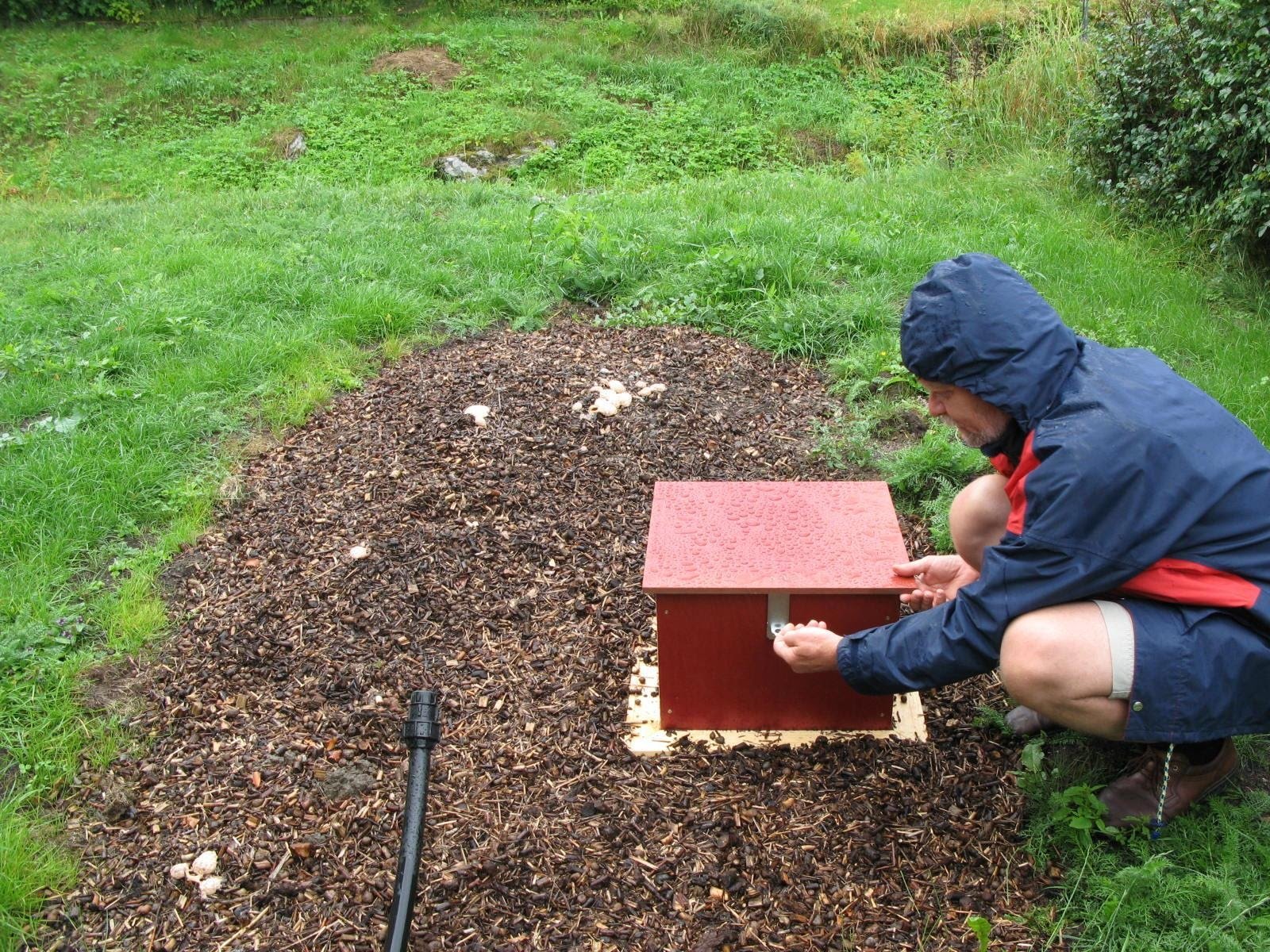
Using the Right Mulch in Your Garden
Mulch is an important element in garden maintenance. The main purpose of using mulch is to create a layer between the soil and external environment for plants, shrubs, and trees. The basic function of mulch is to retain the moisture in the soil, maintain its temperature, and prevent the growth of weeds.
Most people prefer organic mulches as they improve the structure, drainage, and nutrition of the soil. Also, there are organic and synthetic mulches that gardeners use for a variety of purposes. Here are some tips for using the right mulch in your garden.
To know about how to use the right mulch, first, we need to know about the various types of mulches available. They are classified into two types – organic and inorganic. Let us understand all of them one by one.
Organic mulches.
Organic mulches decompose with time and improve the structure and fertility of your soil. However,
the dry organic mulch like wood chips decompose and nourish the soil very slowly. Here are all the types of organic mulches for your garden.
Dry Leaves
Dry leaves are one of the most available and commonly used mulches. The best thing about shredded
leaves are that they are available everywhere, and you can use them for free. Shredded leaves also attract more earthworms to the soil in your garden. Many homeowners don’t like the looks of the leaves as they do not look appropriate in a modern garden. However, if you spread a layer of dry leaves in the spring,
the leaves blend with the soil within a few weeks.
Grass clippings
Grass clippings are another form of common matches that gardeners use in the remote areas of a
garden full stop it is the only available green mulch with high water content. Grass clippings decompose quickly and prevent the growth of weeds. If you prefer grass clippings you should not throw them away the next time you mow your lawn.
Tree bark.

Mulch made up of tree bark or used around the plants, shrubs, and garden beds that don’t require a lot
of digging. Bark mulches are the most suitable types for or walkways and foundation plants in a garden. They don’t mix well with the soil and can be a hassle to keep moving them aside for new plants to grow. However, they last longer than other types of mulches.
Straw and salt hay.
Salt hay and straw or also popular types of mulches, especially for vegetable gardens. Straw decomposes steadily, and you don’t need to use it again in the growing season. Straw and salt hay mulches prevent the soil diseases from infecting the lowest plant leaves.
Synthetic and inorganic mulches
There is a variety of inorganic mulches available, but the most common are black plastic, landscape
fabric, and gravel. These types of matches do not provide nutrients to the garden soil, but they also don’t decompose easily. They take a longer time to decompose. Inorganic mulch like black plastic can be harmful to the soil and the environment.
Plastic and fabric.
If you want to use inorganic mulch for foundation plantations that don’t need frequent maintenance and fertilization, you can use plastic or landscape fabric. If you choose plastic for mulching in summer, it can become very hot and kill the nutrients in your soil besides killing the weeds. It can also kill beneficial microbes and roots. Therefore, you should either use plastic mulch in cold locations or provide sufficient water to your soil to maintain its moisture.
If you choose landscape fabric, make sure to cut holes in it to allow the passage of water through it. If you don’t provide sufficient drainage, you will see puddles accumulating on the fabric or plastic. Landscape fabric is better than plastic as it is porous and aloud the water to pause until it gets blocked by something else.
Stone and gravel.
Stone and gravel mulches work best in the areas of your garden that require good drainage. Stones mix with your soil and are hard to remove. Therefore, you need to think twice before using stone or gravel for adding mulch to garden.
Mazzega’s Landscaping offers high-quality landscaping supplies to home gardens and landscapes in
Western Australia Their product range includes garden soils, sand, gravel, mulches and all other types of landscaping materials. They have a store in Kelmscott, but you can also visit their online shop to know more about their products.
Final Words.
Before choosing any type of mulch, you should be clear about the purpose for which you want to use it. If you want to nourish your soil with all the beneficial nutrients, you should choose an organic mulch. However, if you want to mulch only for protection from weather elements, you can choose inorganic types of mulch for your garden.




